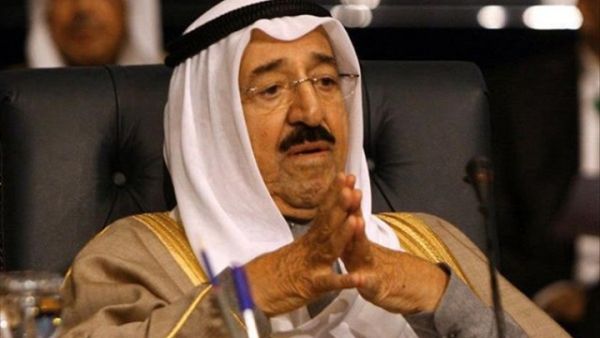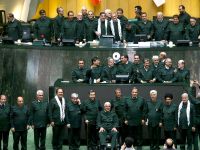Kuwait’s Emir Sheikh Sabah Al-Ahmad Al-Jaber Al-Sabah has told the new members of the country’s National Assembly that cuts in public spending are inevitable to reduce a growing budget deficit.
The country’s ruler was speaking at the inaugural session of the new parliament yesterday after the previous parliament was dissolved due to disputes between MPs and the government over fuel price increases.
“It is inevitable to initiate effective measures to remedy the deficit and alleviate its effects,” the Emir was quoted as saying by state news agency KUNA.
However, the majority of assembly members won their seats on November 25 by vowing to reject government austerity measures that impact Kuwaiti citizens.
In comments carried by KUNA the Emir Al-Sabah stressed the need to ease the burden on people with limited income despite a comprehensive reform plan.
“All have to realise that this is no time for political luxury, or making gains at the expense of Kuwait’s higher interests,” he said.
The Emir also called for a new phase of ties between Gulf Cooperation Council states and the improvement of public service including healthcare, housing and infrastructure and the modernising of school curricula.
Yesterday, recently reappointed Prime Minister HH Sheikh Jaber Mubarak Al-Hamad Al-Sabah also briefed MPs on the country’s second economic development plan for 2016 to 2020.
The plan includes measures to boost economic growth, promote the private sector and attract more foreign investment.
He indicated that government institutions would implement some projects while others would come through public private partnerships.
“These include the Khairan power station, the waste treatment plants, the labour city in south Jahra, the south Mutlaa’ city, the expansions of Kuwait International Airport, the new university, and a number of hospitals.
“The planned projects in the oil industry include Al-Zour Refinery and the subsidiary plants, and the environment-friendly fuel project,” the Prime Minister was quoted as saying.
He also said there would be economic legislation and a “radical approach” as the country seeks to compete with advanced economies, restructure its budget diversify its product base and engage in financial and economic reforms.
The government will take some encouragement for implementing its austerity plans from the surprise re-election of former pro-government speaker Marzouq Al-Ghanem, who secured 48 votes to a combined 17 from his rivals.
Essa Al-Kandari was also elected deputy speaker, defeating opposition MP Jamaan Al-Harbash, by a single vote, according to Kuwait Times.








